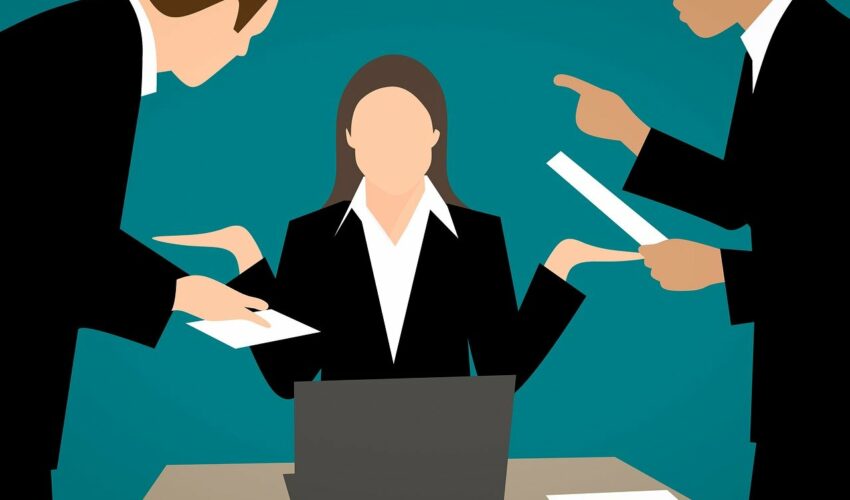Attorneys are put in positions of trust, making critical decisions that affect the donors’ daily life. Unfortunately, they may misjudge their legal responsibilities and get complacent.
There is also the risk that they will take advantage of the donor’s confidence by misusing funds, failing to keep adequate accounting records, or even using the funds to benefit themselves. In this article, when does a power of attorney take effect, we take a look at these issues in more depth.
Please click here to find out more about our Wills and Probate services
Free Initial Telephone Discussion
For a free initial discussion with a member of our New Enquiries Team, get in touch with us today. We are experienced in dealing with all the legal aspects of wills, probate and powers of attorney and once instructed, we will review your situation and discuss the options open to you in a clear and approachable manner. Early expert legal assistance can help ensure you are on the best possible footing from the start and also avoid the stress of dealing with these issues on your own. Simply call us on 0345 901 0445 or click here to make a free enquiry and a member of the team will get back to you.
In what ways might an attorney abuse their position of power?
Attorneys and deputies have various responsibilities to the individuals they represent. The Power of Attorney or Deputyship Order will outline the specific parameters of their role, but they must also comply with other legal responsibilities, such as the Mental Capacity Act 2005.
Here are some examples of how an Attorney or Deputy may fail in their duty to the protected person:
Making judgments that are not in the best interests of the person who is being safeguarded.
Misappropriation of the protected person’s money or property.
Neglecting the well-being of the protected person.
Taking action that is outside the limits of the Power of Attorney or Deputyship Order.
Illegally using a Power of Attorney, such as when the power is not legitimate, has expired, or has not been registered as necessary.
If you suspect something untoward, what should you do?
In many circumstances, the individual who is protected by a Power of Attorney or Deputyship Order may be unaware that anything is wrong, especially if their mental capacity is such that they are fully dependant on the Attorney or Deputy. As a result, if you suspect an Attorney or Deputy is abusing their authority, you must take action.
In some cases, you may be able to share your concerns with the protected person directly. However, if their mental capacity makes this impossible, you should call the OPG.
What Should You Do If You Suspect Someone Is Abusing Their Power of Attorney?
If you feel an attorney is misusing their position, acting outside the extent of their authority, or failing to make judgments in the best interests of the donor, you should contact the Office of the Public Guardian.
You must supply the donor’s name, address, and date of birth, as well as any information on their mental capacity.
You must also offer supporting evidence and describe when you first became aware of any problems. In more extreme circumstances, the OPG may file a petition with the Court of Protection. The Court of Protection has broad powers, including the ability to revoke LPAs, require attorneys to reimburse misused funds, and remove attorneys from their positions.
What if my Attorneys abuse their authority?
If you obtained a Power of Attorney and are concerned about your Attorneys’ behaviour, you have other legal options besides reporting the situation to the OPG.
Your initial step may be to directly discuss the situation with your Attorney or Attorneys. However, trusting your Attorneys is essential, and if their acts have damaged that trust, it may be preferable to stop them from acting altogether. If this is something you want to accomplish, you have two options:
If you named at least two Attorneys to act “jointly and severally” in your Power of Attorney, you can remove one of them by filing a Partial Deed of Revocation with the OPG. This means that your Power of Attorney will remain in effect, but the removed Attorney will no longer be allowed to act. This option, however, is not available if your Attorneys are only authorised to act “jointly” under the conditions of the Power of Attorney. Also, if you want to designate a ‘replacement’ Attorney, you must create a new Lasting Power of Attorney.
You have the option to revoke your full Power of Attorney. This would entail submitting a Deed of Revocation to the OPG.
Because you granted the Power of Attorney in the first place, you have the right to revoke it at any moment and without the consent of your Attorneys. However, you must be of sound mind at the time you decide to cancel your Power of Attorney.
How we can help
We have a proven track-record of advising upon all aspects of private client work. We will guide you through the process and ensure all checks are carried out swiftly and efficiently and we firmly believe that with the right solicitors by your side, the entire process will seem more manageable and far less daunting. (or whether) to incorporate, what kind of ownership
How to Contact Our Private Client Solicitors
It is important for you to be well informed about the issues and possible implications of setting up a power of attorney. However, expert legal support is crucial in terms of ensuring a positive outcome to your case.
To speak to our Wills and Probate solicitors today, simply call us on 0345 901 0445, or click here to make a free enquiry. We are well known across the country and can assist wherever you are based. We also have offices based in Cheshire and London.
Disclaimer: This article provides general information only and does not constitute legal advice on any individual circumstances.



